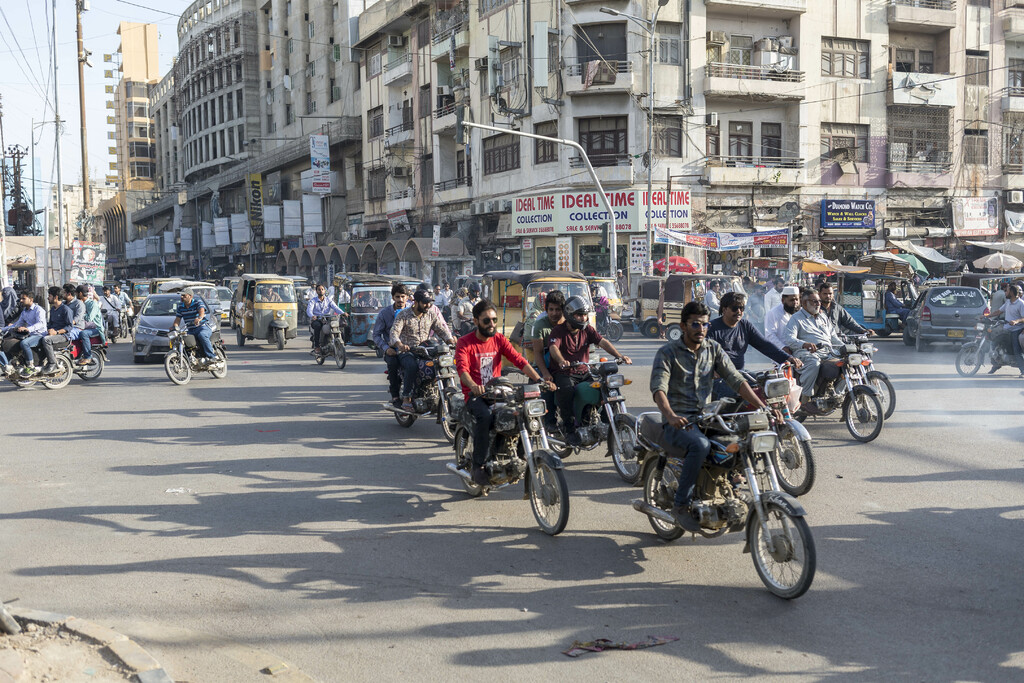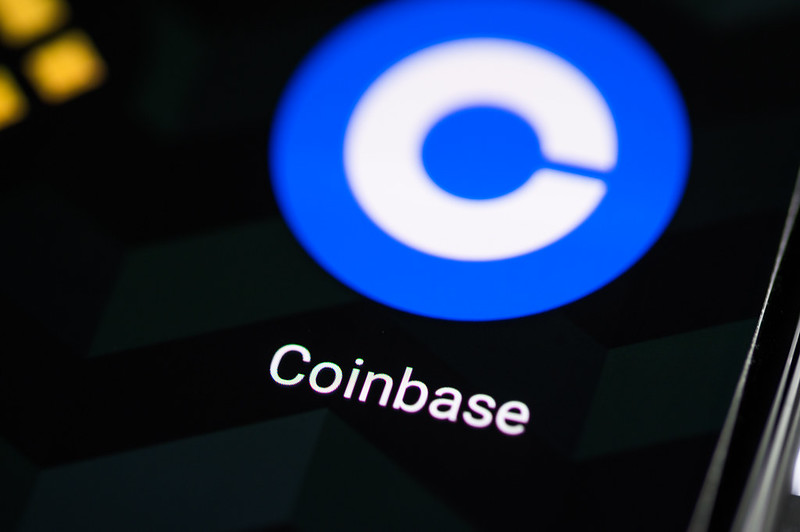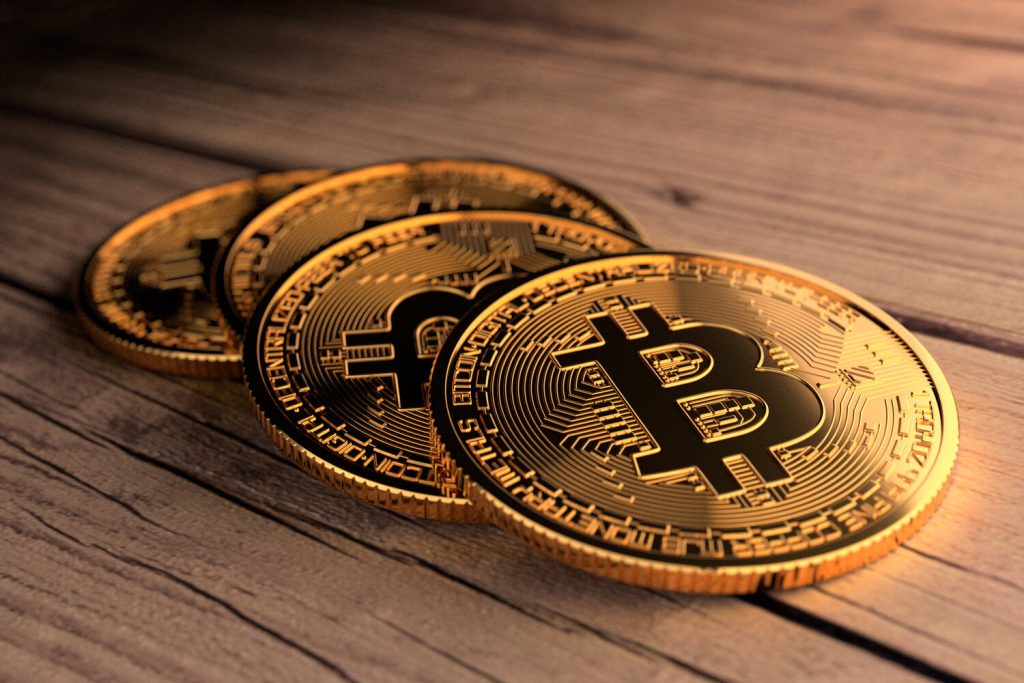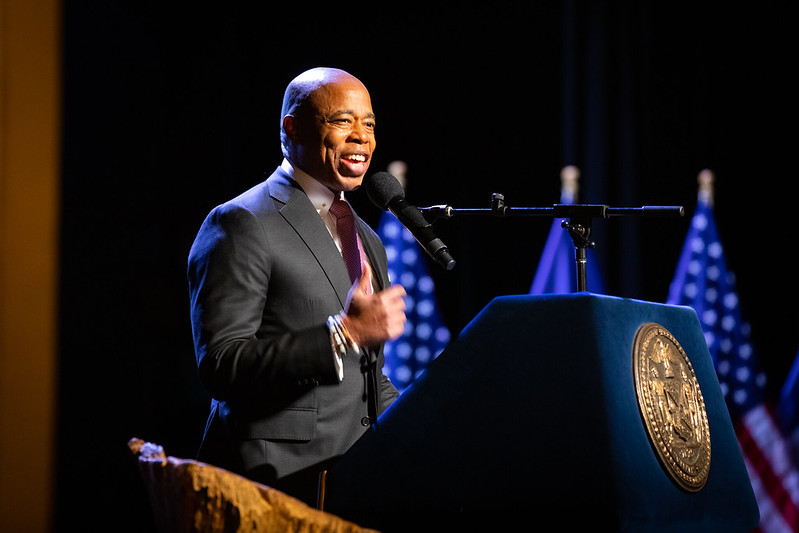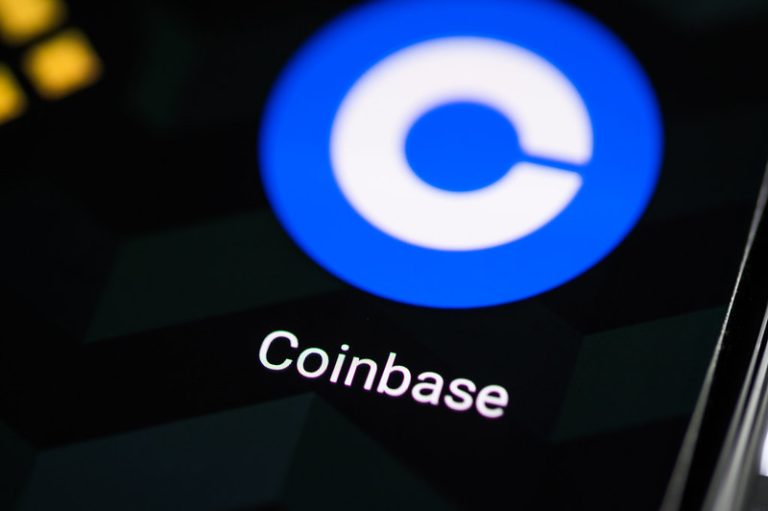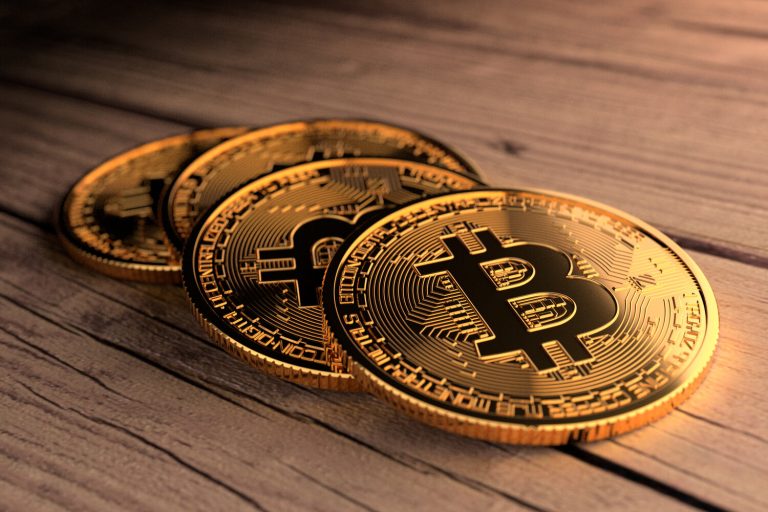Pakistan is embracing the digital asset future, dramatically shifting its stance on blockchain technology and cryptocurrencies with a significant new regulatory move.
This marks a departure from previous skepticism. Just two years ago, officials dismissed legalization, and the central bank deemed assets like Bitcoin illegal. However, the position softened late last year with proposals to update central banking laws for digital currency.
Now, Pakistani lawmakers have greenlit the Pakistan Digital Assets Authority (PDAA), approved by the Finance Ministry. This body will govern the nation’s burgeoning blockchain and digital asset landscape, providing a formal framework.
The PDAA is tasked with strict supervision. Its mandate includes overseeing licensing and ensuring compliance for entities like crypto exchanges, digital wallets, stablecoins, and decentralized finance protocols, aiming for a regulated and innovative market ecosystem.
Finance Minister Muhammad Aurangzeb highlighted the PDAA’s role in positioning Pakistan as a leader, not just a follower, in financial innovation. He stressed the goal is to protect users, attract global investment, and build a robust framework for digital finance and technology.
The authority’s responsibilities extend beyond market oversight to potential tokenization of national assets and facilitating Bitcoin mining using available surplus electricity. Discussions have already begun, including talks with the newly formed Pakistan Crypto Council and global firms.
With an estimated 15-20 million users, Pakistan already ranks among the top ten countries globally for crypto adoption. The government’s proactive steps signal a strong intent to capitalize on this existing interest and attract further development and investment in the sector.

